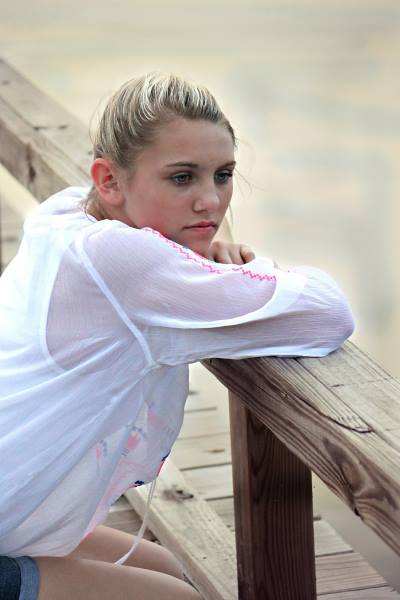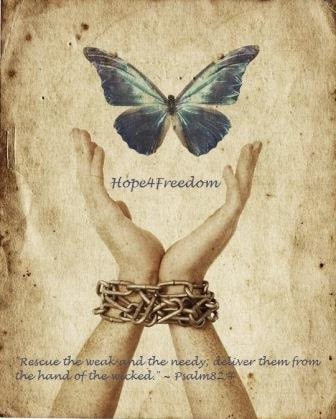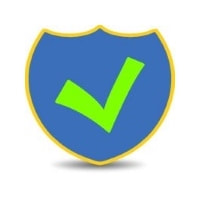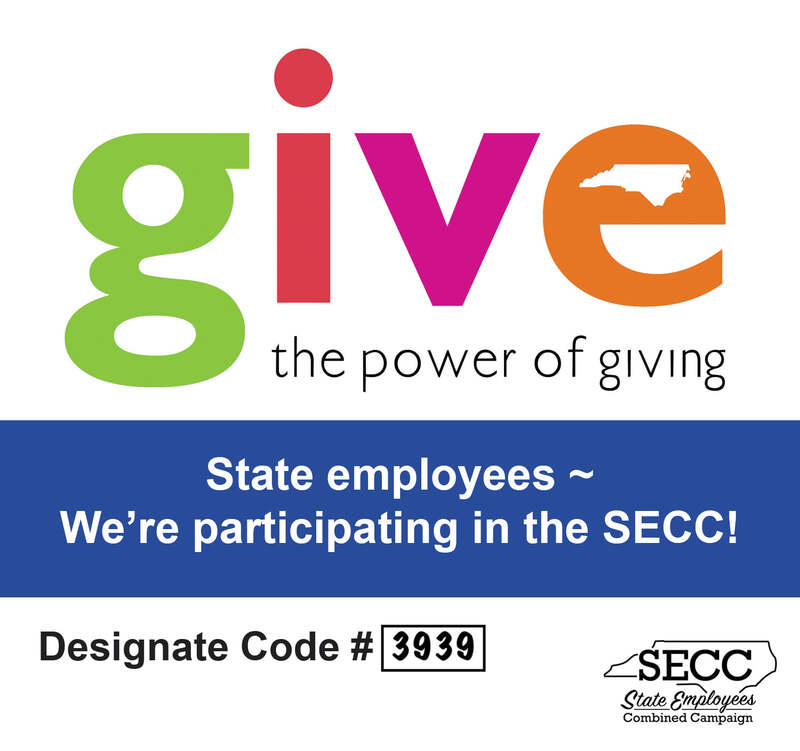Hope for caregivers and the girls that have been sexually abused and exploited
Group Overview
Intro

Princess Lost and Found is a community-based model that wraps each girl and her family with one mentor, one counselor, and her caregivers, for as long as she needs them.
Our model encourages the professional counselor to work with both the survivor and our well-trained mentor to support this healing relationship that can extend beyond the borders of a clinician’s office.
Princess Lost and Found is a four-piece curricula that weaves the social science research on the experiences of the sex trafficked girl with a clinical model of healing and forgiveness. It not only tells the story of the girls who have survived the brutality of the streets, but in part, it tells our story too.
The mentor model is premised on a commitment to embrace our own healing journey first and then, in that process, to be intuitively equipped to support another survivor who has been devastated by abuse.
Princess Lost: The Story of Our Daughters
Princess Lost
The Story of Our Daughters

A fairytale about a young girl who is born into a magical kingdom and then experiences the damaging effects of early childhood abuse and sexual exploitation.
It is a story of darkness and light, of despair and hope, and the healing journey of a pursuing love that not only saves her life, but equips her to bring the same kind of help to other lost children.
Princess Lost
Journal

This journal creatively prompts a survivor in feeling and expressing her story, so that she is carefully guided in the critical process of trauma integration, in a sensitive and artistic manner - bringing her heart back to life.
Princess Found
A Guide for Mentors of Sexually Exploited Girls

Princess Found integrates the voices of survivors, social-science research, and a theology of healing, to direct and guide advocates and caregivers in the compassionate and holistic care of exploited girls - enabling healing within the relationship. Mentors now have a balanced and interactive tool.
Hope4Freedom

We are proudly partnered with Hope4Freedom: They are providing additional support and expertise towards the effort to end sex-trafficking and sexual abuse.
Sign up now to get help!
Princess Found: From the Book
Excerpt from PRINCESS FOUND: A Guide for Mentors of Sexually Exploited Girls
Authors: Steven R. Tracy, ThM, PhD;
Celestia G. Tracy, MA, LPC
Chapter 1: Princess Regina, Pages 2-4
SYMPTOMS EXPERIENCED BY ABUSE SURVIVORS
Because of the probability of deep levels of social betrayal (trusted authority figures that abuse) in early childhood, combined with numerous reoccurrences of life-threatening events, the sexually exploited girls that you serve will most likely experience the following symptoms.
- Anxiety/Fear. Sexually exploited youth experience all kinds of life-threatening and dangerous events, including sexual and physical abuse, terror, captivity, profound neglect, and debilitating physical illness. A survivor’s body and brain store these events, and remember them in complex, confusing, and intense ways. These body memories cause intensely high levels of anxiety and fear that the survivor is not able to control. This is often her most pressing concern and issue.
- Depression. Symptoms of depression in children and adolescents can include social withdrawal, intense anger or rage, disruption in sleep and eating patterns, sadness, resignation, and despair.
- Anger. This is a classic symptom of trauma and is actually a healthy reaction to abuse. Interpreting this anger as evidence that a survivor’s soul is intact will be a helpful reframe for both of you in understanding this confusing emotion. Her anger demonstrates that she is still alive! In time, she will be able to control her outbursts as she is supported in addressing the underlying feelings, issues, and needs. Depending on the personality of the girl, her expressions of anger may serve as a guide in measuring her pain. Anger is typically triggered when she feels powerless, vulnerable, afraid, and/or trapped.
- Hyperarousal. This is defined as “a condition in which the nervous system is perpetually aroused long after the traumatic event has ended. This results in chronic hypervigilance, anxiety, increased heart rate, sleeplessness, irritability, and even nausea.” What makes hyperarousal so confusing is that a seemingly endless number of events or experiences can unexpectedly (and often subconsciously) remind the brain of the trauma event and trigger a physiological response. The more these girls can be helped to understand this confusing bodily response, the less shame and more compassion they will feel toward themselves. You may need remind her of the complex effects of hyperarousal and encourage her with the truth that this is a normal response to the trauma she has experienced. She is not “crazy.”
- Intrusive Memories. Intrusion involves “the reliving of the trauma event through flashbacks when one is awake or through nightmares when one is asleep.” Intrusion can also create intense emotions, such a panic or rage. In practical terms, the trauma of the past keeps intruding into the present. As a result, the abuse victim has to keep reliving the event over and over again, often with the same vividness and emotional intensity of the original trauma.
Steps for Mentors
From the onset of the mentoring relationship focus primarily on building trust and creating safety. The following suggestions will get you started:
- Focus first on her basic personal and physical needs. These would include medical needs, stable and safe living environment, treatment for addiction, and adequate food/ clothing. To the degree that these are identified and met, she will experience increasing levels of stability and safety.
- Enter her world rather than requiring her to enter yours. God modeled this most beautifully when he entered our world through Christ and was with us, experiencing our world with all of its pain and suffering. He calls us to do the same.
- Demonstrate spiritual sensitivity. Research tells us that she will probably have a history of religious abuse that will have shattered her basic trust of a “good God.” It is critically important that you be sensitive to these issues without her having to initiate a conversation with you about it. This will go a long way in establishing an environment of safety (and eventually trust) between the two of you.
- Help her identify her most pressing emotional/ psychological needs, including grief/loss, depression, fear/anxiety, anger, and shame. You are not responsible to meet all these needs for her as that keeps her relationally dependent and does not move her toward autonomy and self-empowerment. Instead, support her in identifying her most immediate needs, encourage her to ask for the specific support she desires, and then advocate for the additional help she is needing/ requesting. For instance, if she confides that she is struggling significantly with anxiety and fear, you can connect her with resources for professional counseling if she so desires. Remember to ask her what she most needs instead of making those decisions for her. She will probably be either fiercely independent or overly dependent. In either case, she is most helped as you support her in developing her own goals. This is best done through gentle coaching toward the balance of interdependence, which is a mutual dependence within a trusting relationship.
Copyrighted Material
This Group Starts Again In September
The Community Support Model
Healing happens when you are surrounded by people that understand what you
are going through.
We involve therapists, counselors, mentors, and community leaders who volunteer.
Our Leaders have:

Experience

Background Check

Training
Our group leaders are well-trained, have passed our background check, and provide leadership and insight in a loving way, from a place of experience.





